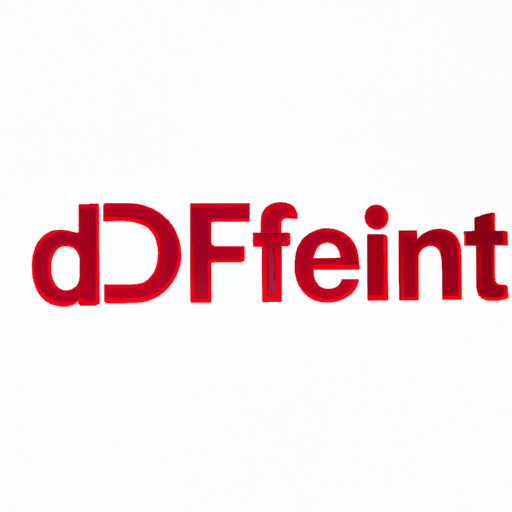In today’s data-driven world, businesses are constantly seeking new ways to gather insights that drive better decision-making. Crowdsourced data has emerged as a game-changing resource, enabling organizations to tap into the collective intelligence of the masses. In this blog post, we will explore how crowdsourcing leverages diverse data sources and importantly, how it can enhance your business strategies.
What is Crowdsourced Data?
Crowdsourced data refers to information that is gathered from a large group of people or a community, often through online platforms. This can encompass anything from user-generated content and reviews to empirical data from surveys and social media feedback. The richness and variety of this data provide businesses with unique insights that traditional data collection methods may not capture.
The Benefits of Crowdsourced Data
Utilizing crowdsourced data offers several advantages for businesses, including:
- Diverse Perspectives: By gathering input from various individuals, your data reflects a broader spectrum of opinions and insights.
- Real-time Feedback: Crowdsourced data allows companies to receive instant feedback on products or services, enabling quick adjustments when necessary.
- Cost-Effective: Compared to traditional data collection methods, crowdsourcing can significantly reduce costs associated with gathering customer insights.
- Engagement and Loyalty: Involving customers in data collection fosters a sense of community and can enhance customer loyalty.
Applications of Crowdsourced Data
Businesses across various sectors can leverage crowdsourced data in innovative ways. Here are a few examples:
- Market Research: Companies can collect consumer opinions on new products before launching them to gauge potential success.
- Product Improvement: Feedback from customers can help refine existing products based on their real-world experiences.
- Trend Analysis: Brands can use data from social media platforms to identify and react to emerging trends quickly.
Challenges of Crowdsourced Data
While crowdsourced data has numerous benefits, it also comes with challenges:
- Data Quality: Since contributions come from various individuals, ensuring accuracy and validity can be difficult.
- Bias: Crowdsourcing can introduce bias if the participants do not adequately represent the broader population.
- Data Management: Gathering and analyzing vast amounts of data can overwhelm existing analytics frameworks.
Best Practices for Utilizing Crowdsourced Data
If you’re considering implementing crowdsourced data strategies, keep these best practices in mind:
- Define Clear Objectives: Understand what you aim to achieve from the data collection process.
- Choose the Right Platform: Select a crowdsourcing platform that best fits your audience and objectives.
- Ensure Participant Diversity: Encourage diverse participation to gather a well-rounded dataset.
- Regular Analysis: Continually assess the quality and insights derived from the data to enhance decision-making.
Conclusion
Crowdsourced data opens up a wealth of opportunities for businesses seeking to gain deeper insights and connect with their customers. By embracing this innovative approach, organizations can tap into the collective knowledge of their consumer base and ultimately drive better outcomes. As you explore integrating crowdsourced data into your own strategies, keep the challenges and best practices in mind to maximize the potential of this valuable resource.
Start harnessing the power of crowdsourced data today to elevate your business insights and stay ahead in the competitive landscape!




